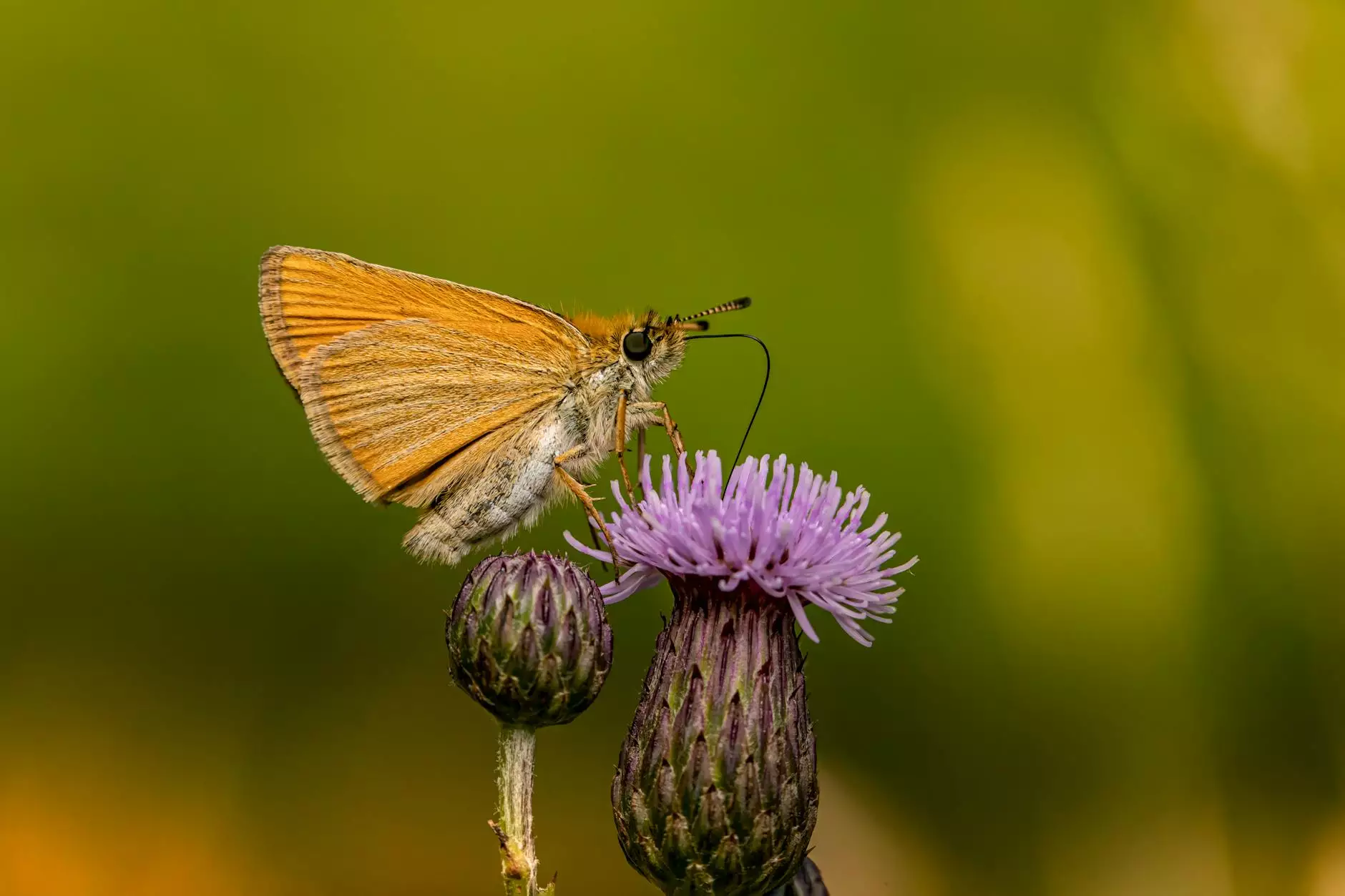Granary Weevil Control Strategies for Farmers

In the world of agriculture, maintaining the quality and safety of grain storage is essential for farmers and producers alike. One of the most significant threats to grain storage is the granary weevil. This tiny but destructive pest can undermine entire harvests, leading to significant financial losses. In this article, we will explore effective strategies for granary weevil control and delve into how proper management of farm equipment can complement these pest management efforts.
Understanding Granary Weevils
Granary weevils, scientifically known as Sitophilus granarius, are small beetles that primarily infest stored grains. They belong to the family Curculionidae, known for their unique elongated snouts. Adult weevils can be identified by their dark brown to black color and are approximately 2.5 to 5 mm in length. Understanding their life cycle and behavior is crucial for effective control strategies.
Life Cycle and Behavior
- Egg Stage: Female weevils lay eggs inside grains. Each female can deposit up to 300 eggs.
- Larval Stage: Upon hatching, larvae bore into the grain, feeding on the interior. This stage lasts around 2-4 weeks.
- Pupal Stage: After feeding, larvae pupate inside the grain before emerging as adults.
- Adult Stage: Adults can live several months, continually infesting and laying eggs in stored grain products.
Granary weevils can be a major threat not only due to their feeding habits, which damage the grain, but also because they can produce multiple generations in a single season, leading to rapid population growth. Hence, implementing preventive measures is vital.
Effective Granary Weevil Control Measures
1. Prevention and Monitoring
Prevention is the first line of defense against granary weevil control. Here are several preventive measures farmers can take:
- Regular Inspections: Conduct routine inspections of grain storage facilities to identify any signs of infestation early.
- Proper Storage Conditions: Ensure that storage areas are dry, cool, and well-ventilated, as granary weevils thrive in warm, humid environments.
- Cleaning and Sanitization: Clean bins and storage areas thoroughly after each harvest to remove remnants of previous crops that may harbor pests.
- Sealing Infestations: Seal any cracks or openings in storage facilities to prevent access for weevils.
2. Temperature Control
One of the most effective granary weevil control methods involves temperature management:
- Cold Storage: Keeping grain at temperatures below 50°F can kill weevil eggs and larvae.
- Heat Treatment: Exposing grain to temperatures above 140°F for a minimum of an hour can effectively eliminate weevil populations.
3. Chemical Control Options
While preventive measures are essential, chemical control can also play a role in managing weevil populations. Before using pesticides, consult a pest management professional and consider the following:
- Insecticides: Use residual insecticides to treat stored grains. Always follow label instructions for safety and efficacy.
- Insect Growth Regulators: These can reduce the reproductive capabilities of weevils, preventing population growth.
4. Natural Control Methods
In addition to chemical options, farmers may explore natural control methods that have been proven effective against granary weevils:
- Diatomaceous Earth: A natural, non-toxic material that can be sprinkled among grains to disrupt the life cycle of the weevils.
- Essential Oils: Certain essential oils, such as neem or peppermint, have repellent properties that can deter pests.
Integrating Farm Equipment Repair and Maintenance
Beyond pest control, maintaining farm equipment directly contributes to the efficiency of grain handling and storage practices.
Importance of Equipment Maintenance
Regular repair and maintenance of farming equipment can help maintain optimal conditions for grain storage and reduce the chances of pest infestations:
- Inspect and Repair Bins: Ensure that all storage bins are in good repair to avoid leaks and access points for pests.
- Functional Augers and Conveyors: Properly functioning equipment minimizes grain damage during transfer, helping to reduce susceptibility to weevil infestation.
- Cleaning Tools: Employ well-maintained cleaning tools to ensure that grain storage areas are thoroughly sanitized.
Utilizing Technology in Farming Equipment
Modern advancements in farming technology can significantly improve pest control measures and grain management:
- Monitoring Systems: Integrate sensors and monitoring systems in storage facilities to track moisture and temperature levels.
- Automated Pest Detection: Utilize automated systems that detect pest presence and alert farmers to potential infestations.
Continual Education and Resources
Successful granary weevil control requires ongoing education and access to resources. Farmers should stay informed on the latest best practices and technology options available:
- Participate in Workshops: Attend agricultural workshops to learn about the latest pest management techniques and farm equipment innovations.
- Online Resources: Leverage reputable online platforms, such as the website tsgcinc.com, to access valuable information on equipment repair and pest management.
Conclusion
In conclusion, granary weevil control is a multifaceted endeavor that combines effective pest management techniques, proper grain storage practices, and ongoing equipment maintenance. By adopting a comprehensive approach that includes prevention, monitoring, temperature control, and utilizing both chemical and natural methods, farmers can safeguard their harvests from the devastating effects of granary weevils.
By investing in the maintenance of farm equipment and continually educating themselves on the latest advancements in pest management, farmers will be better equipped to protect their grain storage from pests. For those seeking more information, the resources available at tsgcinc.com provide an excellent foundation for understanding modern agricultural practices, including farm equipment repair and the effective control of pests like granary weevils.









